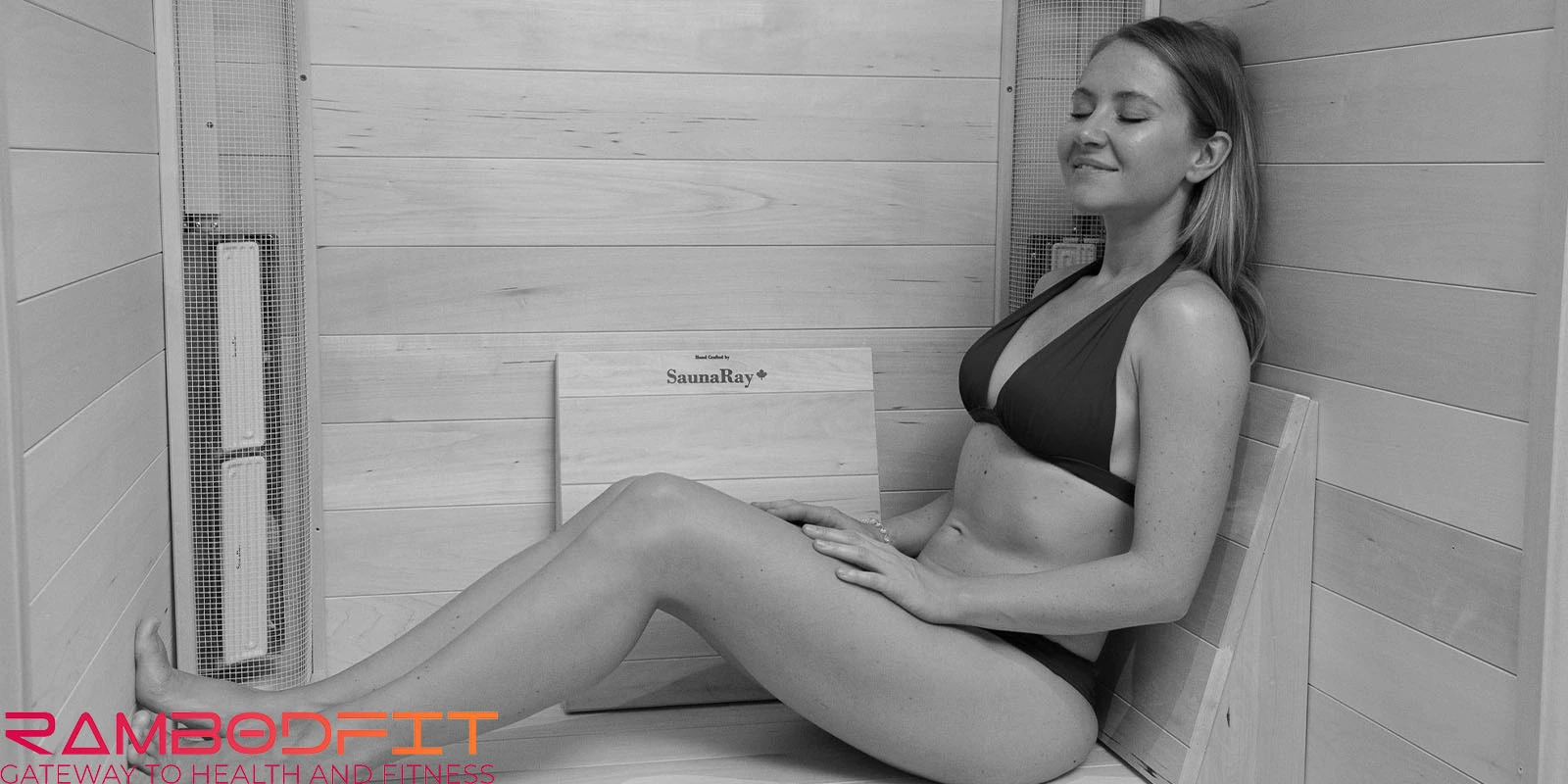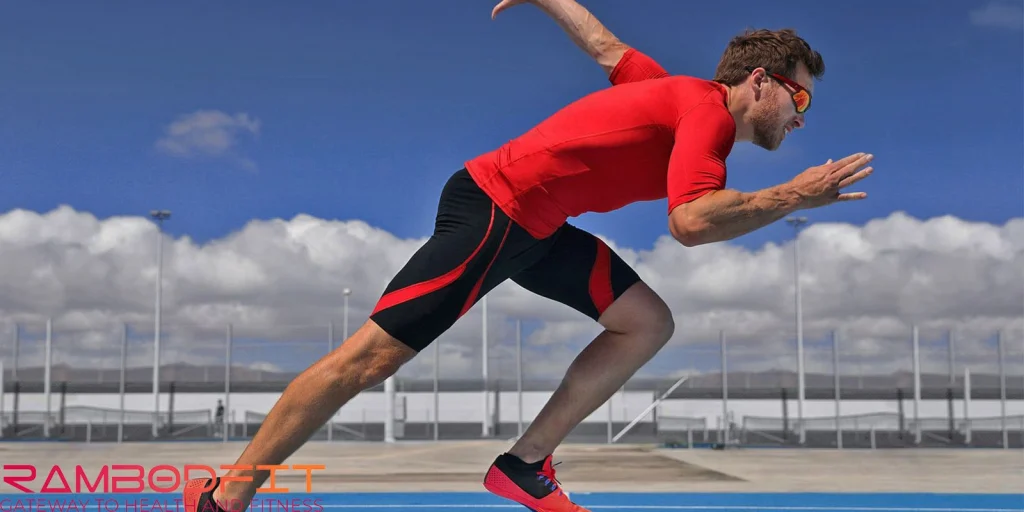


If you are eager to know whether sauna use for endurance athletes is good or bad then you are in the right place to seek the best strategies to optimize your performance and enhance recovery. While training, nutrition, sleep, and other minor and major factors are key to athletes’ success, various studies recommend sauna use for endurance athletes.
This article, on Rambodfit, grounded in exercise physiology research, explores how sauna use for endurance athletes can benefit them and how to add this strategy to their athletic routine.
Scientific studies suggest that regular sauna use for endurance athletes and ordinary people can improve heart efficiency and other physical factors, however, those with medical concerns should consult doctors before using sauna.
Table of Contents

Endurance athletes push their bodies to the limits which requires optimal cardiovascular function, better recovery, and performance in different environmental conditions.
Scientific research supports sauna use for endurance athletes as a useful tool for them to benefit from various factors like:
To do so and see the benefits of sauna use for endurance athletes you know these tips before getting started:
As we mentioned earlier there various useful factors that sauna can have for endurance athletes. Now as always let’s dive into some research and see what the science says.
Here we try to focus on 5 main benefits of sauna use for endurance athletes. Hope you find it useful.

According to research published by Mayo Clinic Proceeding Studies indicate that frequent sauna sessions can improve heart health by reducing blood pressure, enhancing blood vessel function, and lowering the risk of cardiovascular diseases.
One of the primary benefits of sauna use for endurance athletes is its impact on cardiovascular function. Sauna exposure induces physiological responses similar to moderate-intensity exercise, including increased heart rate, enhanced cardiac output, and improved blood flow.
Regular sauna sessions can improve circulation, reduce cardiovascular strain during exercise, and enhance endurance performance by optimizing oxygen transport and cardiac efficiency.
Studies have shown that repeated sauna exposure increases plasma volume, allowing for better temperature regulation and improved sweat response during exercise.
This adaptation mimics the effects of traditional heat acclimation protocols, such as training in high temperatures or wearing additional layers during workouts.
Regular sauna use enhances heat tolerance by expanding plasma volume, improving sweat efficiency, and reducing thermal strain—leading to better performance in warm environments.

One of the primary mechanisms behind this benefit is the upregulation of heat shock proteins (HSPs), which play a key role in cellular repair and muscle regeneration.
Additionally, sauna use has been linked to a reduction in pro-inflammatory markers such as C-reactive protein (CRP), which contributes to muscle soreness and delayed recovery.
This anti-inflammatory effect can be particularly beneficial for endurance athletes who engage in high-volume training and need to optimize recovery between sessions.
Heat exposure triggers a mild hypoxic response, stimulating the production of erythropoietin (EPO), a hormone that regulates RBC synthesis.
An increase in RBCs enhances oxygen-carrying capacity, which is crucial for endurance athletes seeking to maximize aerobic performance, however, this method can’t replace hard training but it can be useful.
Regular sauna use may support RBC production and oxygen utilization, potentially improving aerobic endurance and VO₂ max over time
Sauna exposure has been shown to enhance stress resilience by modulating the hypothalamic-pituitary-adrenal (HPA) axis, reducing cortisol levels, and increasing the release of endorphins
A study found that participants who engaged in regular sauna sessions reported reduced perceived stress and improved mood states. This psychological benefit can translate to enhanced mental toughness, a crucial factor in endurance sports where athletes must endure prolonged physical discomfort.
Sauna exposure may enhance mental resilience, reduce stress, and improve sleep quality, all of which contribute to better endurance performance and overall well-being.
As you see, all the information in this article is supported by various scientific research, and now you know that a sauna can be useful for athletes, especially those who compete in endurance contests.
Just to avoid misunderstandings, remember that to have optimal performance and recovery in sports and exercise, you need to have a balanced lifestyle and pay attention to your nutrition, recovery, and proper training plans. Sauna is not magic and you should do it wisely alongside other factors to have a good athletic performance.
For more scientific and research-based information about training, nutrition, and recovery you can check the links below and if you have any questions, just ask!
Sauna use is generally safe, but athletes with cardiovascular conditions should consult a doctor before incorporating it into their routine.
Overuse without proper hydration can also lead to dehydration, dizziness, or heat-related issues.
Sauna use provides similar physiological benefits, such as increased blood plasma volume and improved thermoregulation, making it a useful tool for athletes training in cooler environments, however, It can not replace heat training due to the pressure and physiological training factors involved during exercise.